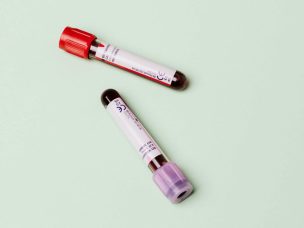FRIDAY, Oct. 2, 2020 (HealthDay News) — For patients with symptomatic severe aortic stenosis, deferred aortic valve replacement (AVR) is associated with an increased risk for hospitalization for valve-related symptoms or worsening heart failure, according to a research letter published online Sept. 30 in JAMA Network Open.
Christoph Ryffel, M.D., from the Bern University Hospital in Switzerland, and colleagues examined outcomes in a cohort of patients with symptomatic severe aortic stenosis who received deferred versus expedited AVR based on prespecified criteria during the COVID-19 pandemic. Overall, 71 patients were enrolled between March 20 and April 26, 2020; 25 and 46 were allocated to expedited and deferred AVR, respectively.
The researchers found that at a mean follow-up of 31 days after treatment strategy allocation, the primary composite end point (composite of all-cause mortality, disabling and nondisabling stroke, and unplanned hospitalization for valve-related symptoms or worsening of heart failure) occurred in 19.6 and 4.0 percent of patients in the deferred and expedited treatment arms, respectively. Patients allocated to deferred versus expedited AVR more often had hospitalizations for valve-related symptoms or worsening heart failure (19.6 versus 0 percent). Multivalvular disease was more common for patients allocated to deferred AVR who required hospitalization for valve-related symptoms or worsening heart failure (44.4 versus 8.6 percent).
“Patients with symptomatic severe aortic stenosis in combination with relevant multivalvular disease may particularly benefit from expedited AVR,” the authors write.
Several authors disclosed financial ties to the biopharmaceutical and medical device industries.










